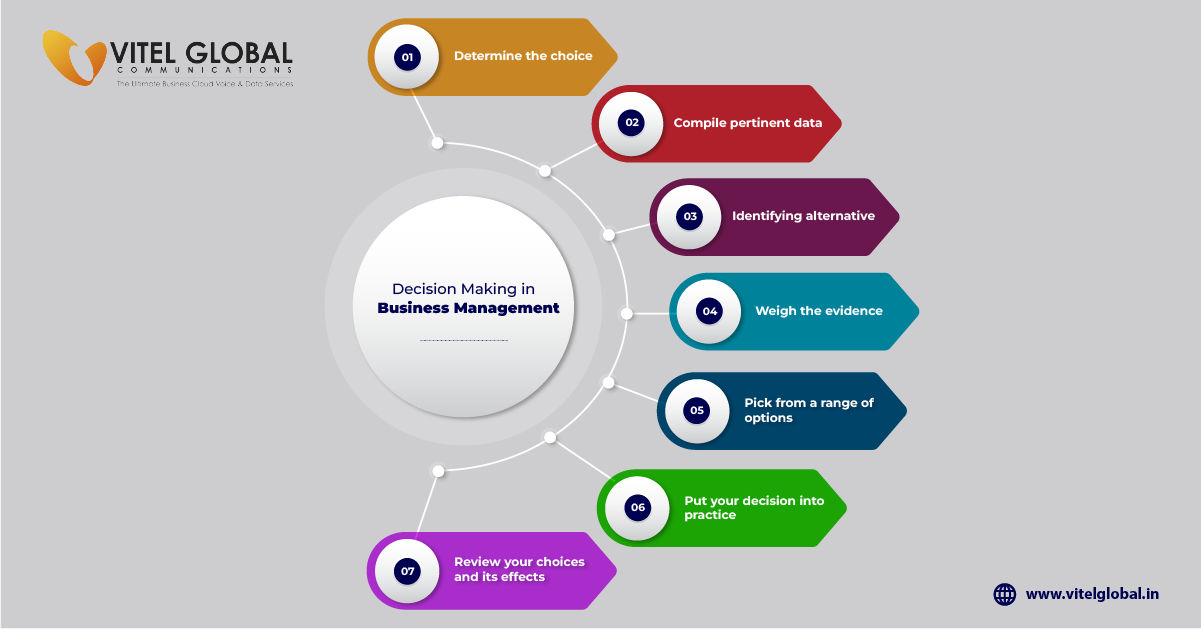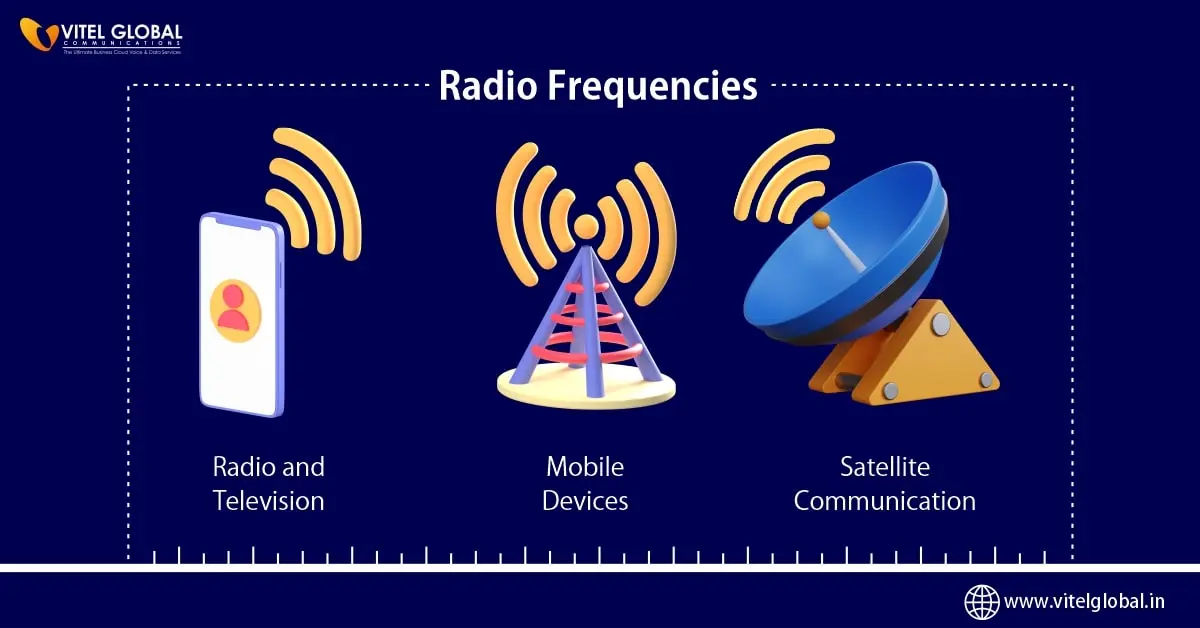Table of Contents
The emergence of Cloud Computing gave rise to the development of Mobile Integrated Communications. It changed our daily lives. Because of mobility, calls, and texts are now possible on phones. It enables users to access social media, instant messages, and even shop online from the convenience of their homes.
From a corporate standpoint, mobility has created new possibilities for increasing productivity and efficiency.
Today, organizations are able to communicate more easily. Also, it may also be able to serve consumers more quickly. In addition, employees work remotely after the pandemic with the flexibility of mobile communication solutions providers.
This is how cloud computing is shaping enterprise communications. In this blog, we are trying to present you with adequate insight into how today’s cloud technology is influencing business communication. Also, let us go through the most important elements of them too.
Portability Offers Flexibility:
It’s not easy to develop a devoted customer base. So, one must keep and update communication lines open for your customers.
Contacting you without difficulty can be an asset to your business. It includes changing service providers and shifting to new locations to expand businesses. Moving to different places might not be an issue for your clients or customers with the advanced benefit of portability.
Fortunately, new projects are coming to provide blockchain solutions that streamline this procedure. It can quicken the transfer of mobile numbers between providers. Additionally, it serves as a decentralized ledger that offers uniform access for all operators globally.
As a result of the development of this technology, Local Number Portability (LNP), Do Not Call (DNC), and Mobile Number Portability (MPN) are widely used today. Additionally. This is not just available for phones with an internet connection.
Cloud Computing and Internet of Things (IoT):
The IoT network links your internet-connected devices such as our computers, phones, tablets, and TVs. Data sent and received by these interconnected gadgets improve the efficiency of corporate operations. The term “internet of things” describes the ability of internet-connected gadgets to communicate and share information with each other.
When we talk about the future of cloud computing, we’re talking about a smart office where employees can customize their workspace. Desk phones, cubicles, and even lights can be controlled from their phones.
The convergence of cloud computing with the IoT can easily quicken flexible work arrangements such as telecommuting, co-working, and working from home. It is interesting to observe how businesses leverage this trend, with the influence of the widespread adoption of the Internet of Things (IoT).
Unified Communications with Cloud Computing:
Companies around the world need to combine and coordinate their means of communication into a single platform. It must streamline systems with a standardized interface. UCaaS is effective, and seamless with interdisciplinary interaction. UC incorporates a variety of communication methods that include video, audio, and others.
However, cloud technology is typically used as the foundation with additional protocols and apps built to support it. Hence, companies with cloud services for a while are slow to adopt UC, but this is expected to change shortly.
Cloud Telephone on Smart Devices:
Enterprise mobility is here to stay if a company allows employees to bring their own devices to work or sometimes provides them with company-issued phones. Today’s smartphones are more capable and influential than computers in mobility. Observe that smartphones and tablets today have the processing power that competes with desktop computers.
When making the switch to cloud service, most businesses initially prioritize desk phones. Yet, mobile integration is one of the most promising developments in the industry. Cloud technology applications are becoming a norm rather than an exception among employees.
Security:
Cybersecurity is a major issue for companies. There are a number of business owners that acknowledge its significance. After all, a data breach can cause more than just temporary disruption to operations. It also leads to expensive legal actions. These types of incidents are harmful to the reputation of a business. They can also limit its success potential.
Therefore, it is important to get a solid grasp of the safeguards to protect your company’s data against cyber threats and attacks.
Cloud Computing and Artificial Intelligence:
It is true that AI will dominate the next several decades. It spreads throughout businesses, including sales and support departments. Today, AI in customer service is commonplace.
Artificial intelligence (AI) solutions provide reps with real-time sentiment analysis and situational suggestions. It helps them to shape communication strategies with clients. Also, it has many further uses in the field of customer service.
Using AI analytics, salespeople may better understand customer behavior and make better decisions. Sales agents use innovative tools like sentiment analysis, and artificial intelligence scoring with a conversational intelligence solution.
Eventually in the future, it will have a significant impact on sales and customer service. Additionally, the first step while using AI capabilities is to adapt to the organizations. Interestingly, many of them are already on the track.

Customer Experience Boosts Satisfaction:
At last, service with Cloud technology is synonymous with a superior customer experience. It is offered conveniently with new features added daily. Eventually, the telephone networks evolved beyond the original purpose of bridging the digital divide and facilitating simple conversation.
Modern Cloud telephone systems go above and beyond in lead scoring and overcoming conventional obstacles. We need cloud programs with rigorous cybersecurity measures. Check the following:
- The transition to hosted/cloud PBX systems
- More and more firms are moving towards cloud phone services due to their reduced prices
- Shifting from more traditional to IP-enabled business models is a win-win situation for companies.
- Remotely managed cloud services are frequently preferred by SMBs (small and medium-sized enterprises).
- Vendors scaled up their infrastructure to suit intense requirements even in major organizations’ cloud services.
- More and more people around the world are opting for cloud technology because of the extensive personalization.
The above points are the leading trends in cloud computing that is increasingly practical as Internet speeds increase.
The Takeaway:
To close the discussion, the success of cloud computing can be attributed to the fact that it was built on internet technology. Therefore, cloud technology is a better fit for the needs of modern corporate workflows. Because it can help in integrating with business applications to expand your capabilities. Besides, it brings you several benefits, including increased productivity.
Hence, many businesses today are adopting SaaS services to meet the needs of a variety of customers. This means businesses are under heavy pressure to select cloud services that offer convenient connections with other systems. It must be checked twice if those systems include those used for accounting, customer relationship management, contact centers or even help desk administration.
Watching how more of their customers are reliant on Cloud-based phone service providers are combining cloud telephony infrastructures with complementary new applications. Today, these services and phone systems are available across other data networks. They can operate independently unlike using analog lines. Soon, as the technology market develops, it is not an option but a mandatory choice for the best productivity of your company.
Vitel Global India’s Cloud-based solution is best in class and includes fully secured, cross-channel communication. It enables your agents to seamlessly shift support interactions from one channel to the next. See how it works to learn how Vitel Global India can help you to choose the right communication. Why not request a demo today?






